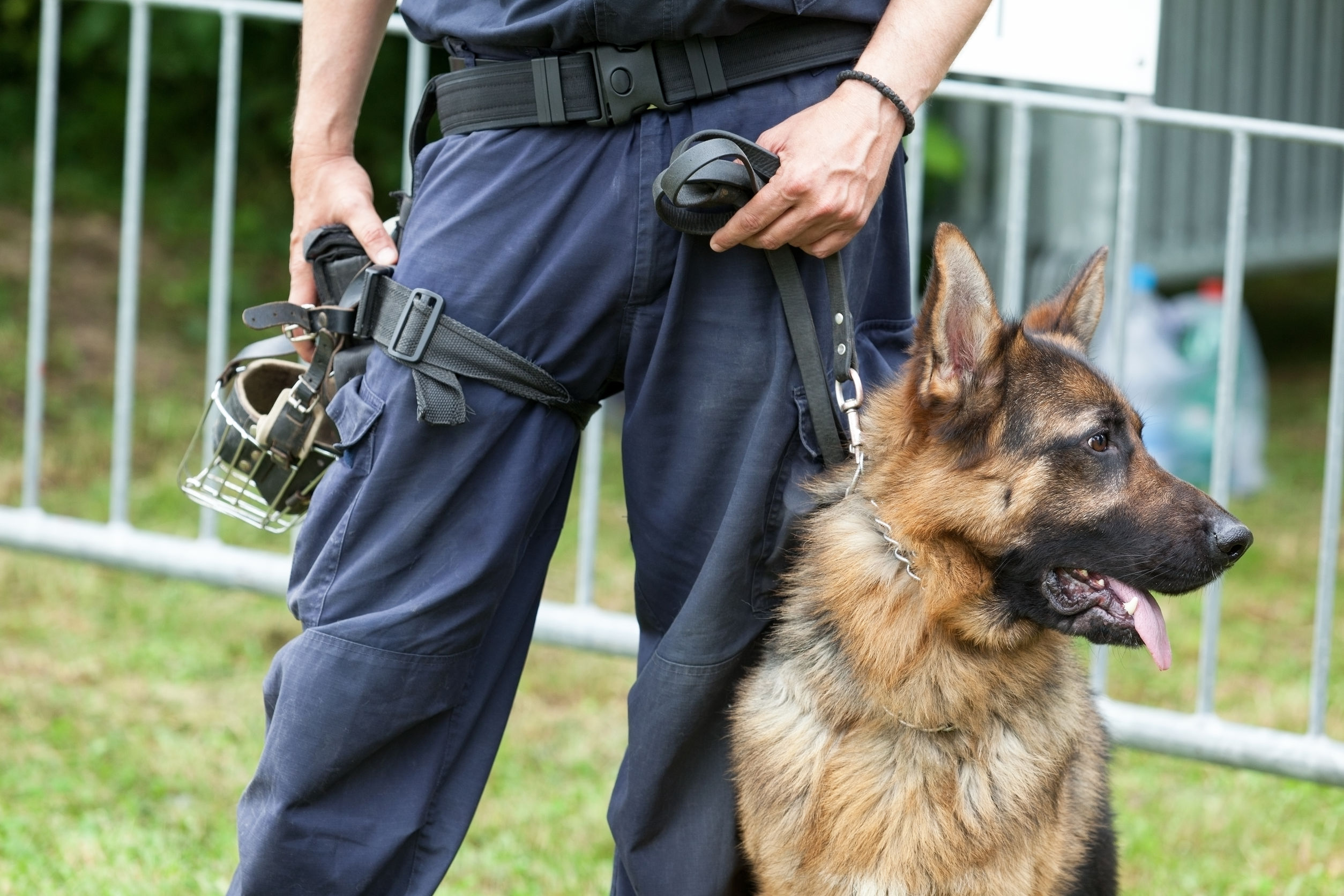 Facing a drug crime charge in Florida can be a terrifying experience with potentially life-changing consequences.
Facing a drug crime charge in Florida can be a terrifying experience with potentially life-changing consequences.
Florida Drug crime offenses are broken down into the following categories with varying degrees of misdemeanor and felony penalties based on:
- Type of substance
- Weight of found substance
Possession of a Controlled Substance
The most common drug charge in the State of Florida is possession. A controlled substance can be:
- Illegal possession of a prescription drug
- An illegal drug (not for legal sale or use)
- A banned substance with a potential for abuse, addiction, or may result in harm (physical or mental)
Under Florida Law there are two ways in which a crime of drug possession can be charged and proven:
Actual Possession: You are in direct control of the drug (in your hands or on your body).
Constructive Possession: Drugs were found in a location you had control over (backseat of your car, glove box, etc.)
Possession of a Drug Paraphernalia
Florida defines drug paraphernalia as equipment that could be used in drug activities such as:
- Ingesting, injecting, inhaling, etc.
- Planting, propagating, growing, cultivating, etc.
- Manufacturing, compounding, converting, producing, etc.
- Packaging, storing, concealing, etc.
Possession with Intent to Sell, Deliver, or Distribute
If a large amount of an illegal substance is found, Florida authorities could charge an individual with the intent to sell or distribute the drugs.
Drug Trafficking
Florida authorities may charge an individual of drug trafficking if they knowingly sell, purchase, manufacture, deliver, or transport drugs on a large scale.
We answer frequently asked questions about Florida drug laws below.
However, if you’re facing a drug charge, Fusco Law Group can provide you with legal guidance. Please don’t hesitate to reach out to Fusco Law Group at (904) 567-3113.
Frequently Asked Questions about Drug Crime Laws in Florida
How are drug crimes classified in Florida?
In Florida, drug crimes are determined by weight, amount, and types of controlled substances, which are classified into 5 schedules: I) high potential for abuse and no currently accepted medical use; II) high potential for abuse and has a currently accepted, but severely restricted medical use; III) potential for abuse less than substances in schedules I and II; IV) low potential for abuse and currently has an accepted medical use in treatment; V) has a lower potential for abuse than schedule IV and has a currently accepted medical use in treatment.
Are drug crimes considered a misdemeanor or felony in Florida?
A drug crime in Florida can be either a misdemeanor or felony offense depending on the weight, amount, location of the crime, the intention of possession of drugs, and type of controlled substance found.
Get the Legal Help You Need
A drug crime charge can be frightening and the legal process confusing and overwhelming. In complex legal situations, you should have experienced legal representation by your side.
Contact the Fusco Law Group: (904) 567-3113 for a free consultation.
How are drug crimes classified in Florida?
In Florida, drug crimes are determined by weight, amount, and types of controlled substances, which are classified into 5 schedules: I) high potential for abuse and no currently accepted medical use; II) high potential for abuse and has a currently accepted, but severely restricted medical use; III) potential for abuse less than substances in schedules I and II; IV) low potential for abuse and currently has an accepted medical use in treatment; V) has a lower potential for abuse than schedule IV and has a currently accepted medical use in treatment.
Are drug crimes considered a misdemeanor or felony in Florida?
A drug crime in Florida can be either a misdemeanor or felony offense depending on the weight, amount, location of the crime, the intention of possession of drugs, and type of controlled substance found.
